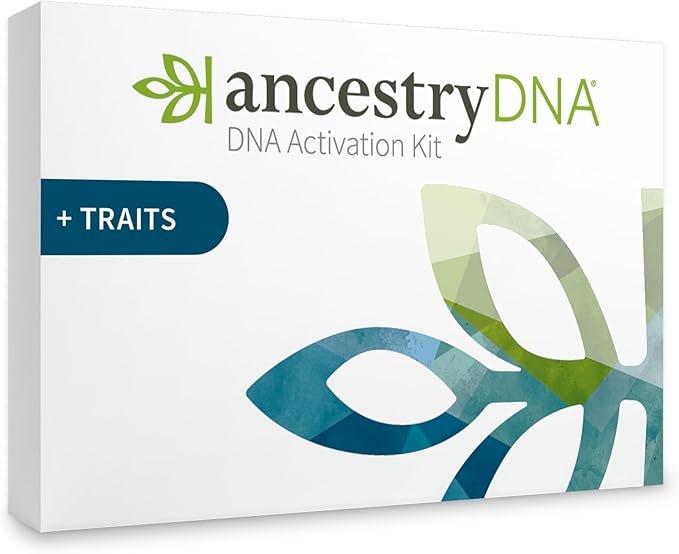The VA Medical Foster Home (MFH) program is an alternative to nursing home care for Veterans with chronic disabling conditions. It places Veterans in a personal home setting with caregivers, aiming to provide a more intimate and compassionate environment. However, while the program offers significant benefits, it also comes with challenges for caregivers.
Pros of the Medical Foster Home Program
- Personalized Care: Veterans receive 24/7 supervision in a home environment, often enhancing their quality of life compared to institutional settings.
- Financial Compensation: Caregivers are reimbursed between $1,500 and $3,000 per month, depending on the Veteran’s care needs and financial situation.
- Avoiding Nursing Homes: Many Veterans prefer the comfort and familiarity of a home over the clinical atmosphere of a nursing facility.
- Community and Connection: This model fosters close relationships between Veterans and caregivers, creating a family-like bond.
Cons and Challenges for Caregivers
- Residency Requirements: Caregivers must use their permanent residence for the program, which could limit flexibility.
- Home Adjustments: Homes must meet specific safety and accessibility standards, such as having a one-level layout, interconnected smoke detectors, and emergency exits accessible within three minutes.
- Long-Term Commitment: The program requires a significant time and emotional investment, often lasting for years.
- Property Risks: Questions arise about what happens if the caregiver needs to sell the home or it goes into probate, potentially disrupting the Veteran’s care.
Addressing the Bigger Picture
Some argue that the program’s focus on preventing nursing home placement may overshadow a more pressing issue: Veteran homelessness. While MFHs provide essential care for disabled Veterans, expanding initiatives to tackle homelessness could offer broader societal benefits.
Program Scope and Numbers
As of now, there are approximately 800 Veterans enrolled in Medical Foster Homes across 44 states, supported by about 500 caregiver homes. The program is expanding, but its success depends on attracting committed caregivers who meet the necessary requirements.
Key Questions to Consider
- Are you prepared for the long-term commitment and emotional demands of caregiving?
- Does your home meet the required safety and accessibility standards?
- What contingency plans are in place if you need to move or face financial difficulties?
How to Learn More
For more information about the VA Medical Foster Home program, you can contact:
- Local VA Medical Centers: Reach out to your nearest VA for program details.
- MFH Coordinator: Discuss specific requirements and support available.
- Additional Resources:

AncestryDNA + Traits Genetic Test Kit: Personalized Genetic Traits, DNA Ethnicity Test, Origins & Ethnicities, Complete DNA Test, Ancestry Reports
$39






